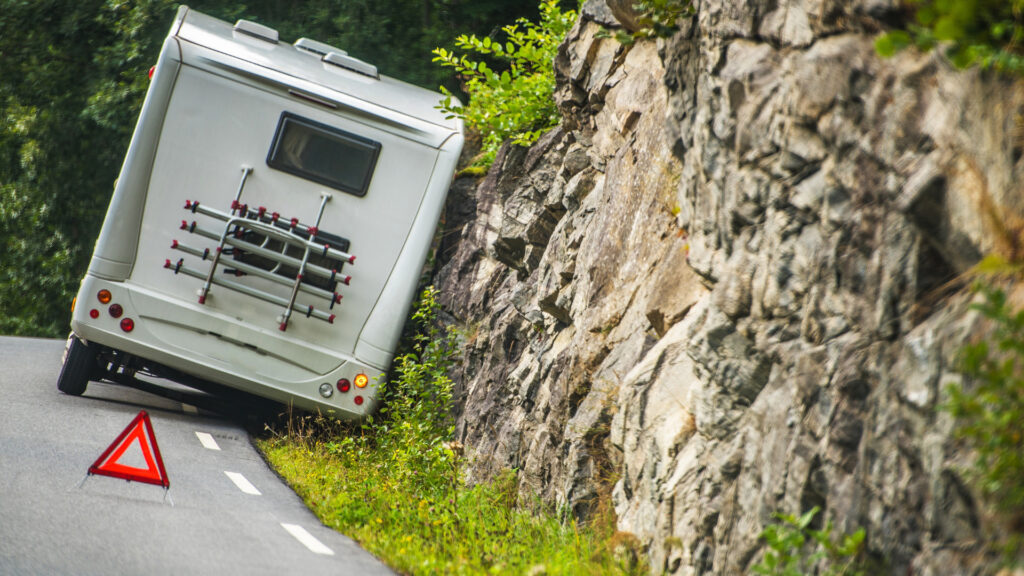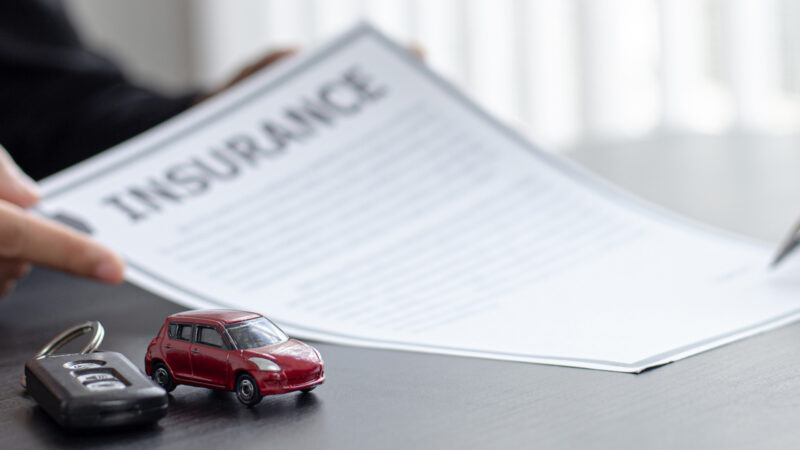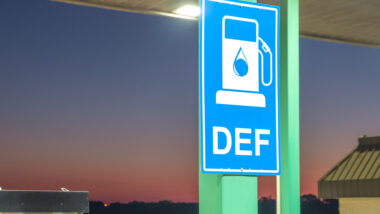Table of Contents Show
Have you heard RVers talk about gap insurance? It’s not just an RV thing. You could have gap insurance on your standard vehicles, too. You might need to look into this extra coverage if you have a large loan out on one or multiple vehicles.
If this is the first time you’ve heard of this, you’ll want to read on. It might just be something you’ll need down the road.
What Is Gap Insurance?
Gap insurance is an option some insurance companies offer to help pay off a vehicle loan. If your vehicle is totaled or stolen, you may not receive enough money to pay off what you owe on your loan.
Gap insurance is designed to “pay the gap” between the depreciated value of your car and what you still owe the bank.
This is true for RVs as well. For example, if your RV is totaled in an accident, your insurance company will pay the value of your RV. Unfortunately, with depreciation, you may not receive enough money to pay off the loan.
If your insurance company gives you $40,000 and you still owe $45,000, then you’re on the hook for the remaining $5,000. Gap insurance is an option you can add to your policy so the gap — that $5,000 — is also paid out.
Is Gap Insurance Just for RVs?
As just mentioned above, gap insurance isn’t an RV thing. But many RVers add gap insurance to their policy because of the significant depreciation of RVs. When you purchase a car, the depreciation isn’t as large, so gap insurance may not be necessary.
But if you buy a new RV, it immediately depreciates thousands of dollars in the first year. So if something catastrophic happens, you want to be covered if you don’t have the cash to pay the remaining balance you owe the bank.

How Is Gap Insurance Different From RV Insurance?
Gap insurance is meant to be used in conjunction with your RV insurance policy. This isn’t a replacement. You’ll need collision coverage or comprehensive coverage on your RV. If you live full-time in your RV, you’ll want a specific full-time policy.
When you have a claim, your collision or comprehensive coverage will help pay for the totaled or stolen RV up to its depreciated value. Gap insurance comes in when you still owe more on your loan than the RV’s depreciated value.
Is Gap Insurance Necessary?
You don’t need gap insurance. Many RVers don’t add it to their policy. For example, you can skip it if you’ve paid cash for your RV and don’t have a loan.
Another reason you may skip it is if you have money in savings to cover any depreciation. If you owe the bank $5,000 after the insurance company pays the claim, you can likely cover it yourself.
Instead of paying for gap insurance, which could cost $6 to $10 per month, some RVers will pay the bank the out-of-pocket amount.
However, gap insurance is a good option if you’re taking out a huge loan to purchase an RV and don’t have the cash flow or savings to cover the depreciation.
You don’t want to end up with $20,000 you still owe the bank when you don’t even have a functioning RV anymore.
Keep in Mind: Are you still deciding on an option for RV insurance? A popular option is AAA RV Insurance, but is it any good?
What Could Happen If You Don’t Have Gap Insurance?
It’s always a risk whenever you don’t get certain insurance. Although it might save you money on your premium, it may cost you more should something happen.
If you don’t get gap insurance, the biggest risk is owing the bank more than what your RV is worth. You’re on the hook for the leftover costs after the insurance pays out the claim. This could be very little or thousands of dollars.
Who Should Get Gap Insurance?
If you don’t have the cash flow to pay off the rest of your loan, consider getting gap insurance. It’s inexpensive to add to your policy and worth it should something catastrophic happen.
For example, if you finance a $150,000 toy hauler and a year down the road, a tree falls on it and totals it, your RV insurance policy will give you the market value.
If that comes to $100,000, you’ll still owe the bank the remaining amount on your loan. If you don’t want to be responsible for that large of a payment, gap insurance is right for you.
Keep in Mind: So How Much Is RV Insurance? Click the link to find out!
What Companies Offer Gap Insurance?
Not all insurance companies offer RV insurance, and not all insurance companies offer gap insurance. You’ll want to call and ask when shopping for RV collision and comprehensive insurance if they also have gap insurance.
Nationwide, Allstate, Liberty Mutual, Progressive, and Travelers all have gap insurance options. But they may not all have RV insurance, so do your diligence when shopping.

Is Gap Insurance Worth It?
So the question of whether or not gap insurance is worth it is up to each RVer. If you’ve paid cash and have no outstanding debt, you have no reason to add it to your policy.
If you’ve made a large purchase and are in debt tens of thousands of dollars, you might want to consider it.
If you live in a tornado or hurricane-prone area and have recently purchased a new RV, consider it because of the potential for catastrophic storm damage.
The question is really up to you. Is gap insurance worth it?






